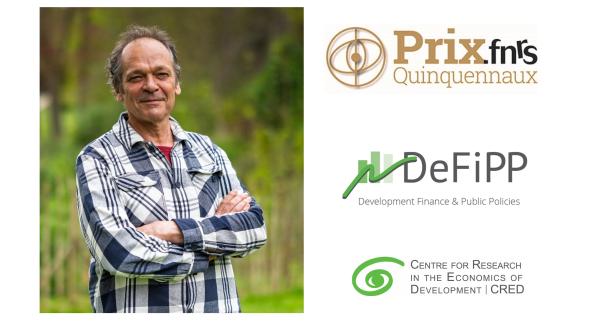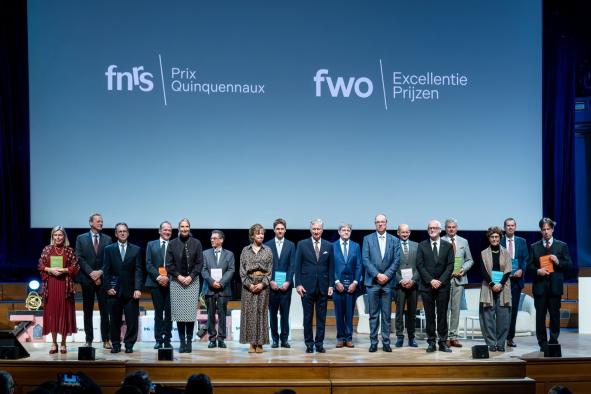A prestigious FNRS prize in the social sciences for Professor Jean-Marie Baland
The FNRS has awarded the five-year Ernest-John Solvay Prize in the Social Sciences to Jean-Marie Baland, Professor in the Department of Economics at UNamur's EMCP Faculty and co-founder of the DeFiPP Institute's Centre de Recherche en Economie du Développement (CRED). A major accolade for a career devoted to the study of poverty, informal institutions and sustainable development.
.


